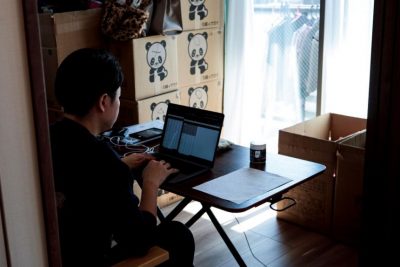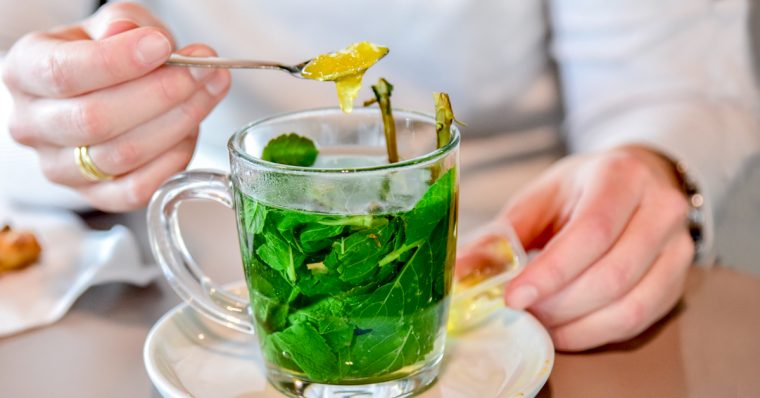
Play this on Spotify to listen to our audio narration of this article.
Those of us who have grown up in traditional households understand that there are certain things that are seen as just facts of life. For example, when I was a kid, whenever I got sick someone would inevitably show up with soup. It was like magic.
I could release a tiny sniffle in the morning, and an hour later my mother or aunt or another well-meaning relative would appear and hand over a bowl of dark, bitter tasting herbal soup that I absolutely had to finish.
Got a fever? Herbal soup will cool you down. Caught a cold? Herbal soup will heat you up. Feeling stressed out from exams? Drink some herbal soup, it’s good for your brain.
There are many questions that I wanted to ask. Like, what exactly were in those soups? Why did they all taste so weird? Do all Chinese women over a certain age just automatically learn how to make it, or do you have to go through a test first to prove that you’re worthy of learning the ancient herbal soup recipes?
With news of Covid-19 spreading on all our media, people are growing more concerned about healthcare than ever before. Some are choosing to play it safe and stay in isolation. Others are more cavalier and feel that the risks of Covid-19 are overblown. And many, for some reason or another, have decided that the most important thing is to fill their houses with toilet paper.
During this tense time, one important question remains: In this era of modern medicine, exactly how effective are herbal soups and other old folk remedies?
Traditional Medicine
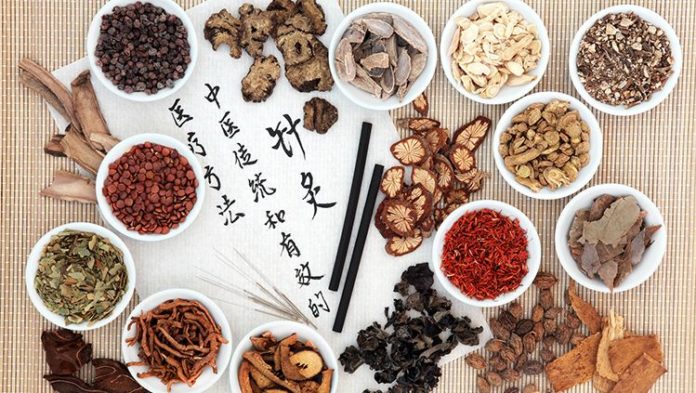
Before the modern era, traditional medicine was used all across the globe. While Traditional Chinese Medicine (TCM) is the most well known, every culture and civilization had their own version.
Over 5,000 years ago, the Ancient Sumerians were some of the first people to record the medicinal uses of plants. Many generations later, Pliny the Elder wrote a book called “Natural History”, which contains several sections explaining Roman medicine – including a list of over 900 drugs.
Closer to home, TCM is an ancient system of health and wellness that has been used in China for thousands of years. Unlike Western medicine which tends to be very concrete and logical, TCM focuses a lot on abstract concepts like Qi and Yin & Yang.
While some are sceptical of traditional medicines, others have chosen to embrace these alternative healing methods. In January 2020, Former Deputy Minister Dr Lee Boon Chye announced that the Ministry of Health was aiming to expand traditional and complementary medicine (T&CM) practices in hospitals nationwide.
“We see that there is a need (for T&CM) because in our survey, a large number of Malaysians still sought traditional medicine for treatment. T&CM is still the choice among many here,” he said.
In Malaysia, there are currently only seven practice areas that are recognized under the T&CM Act 2016: Traditional Malay Medicine, Traditional Chinese Medicine, Traditional Indian Medicine, Islamic Medical Practice, Homeopathy, Chiropractic, and Osteopathy.
Even aside from these practice areas, many families practice their own home-grown remedies for minor sniffles and scrapes. Below are some of the most well known home remedies (that actually work!).
1) Sore Throat
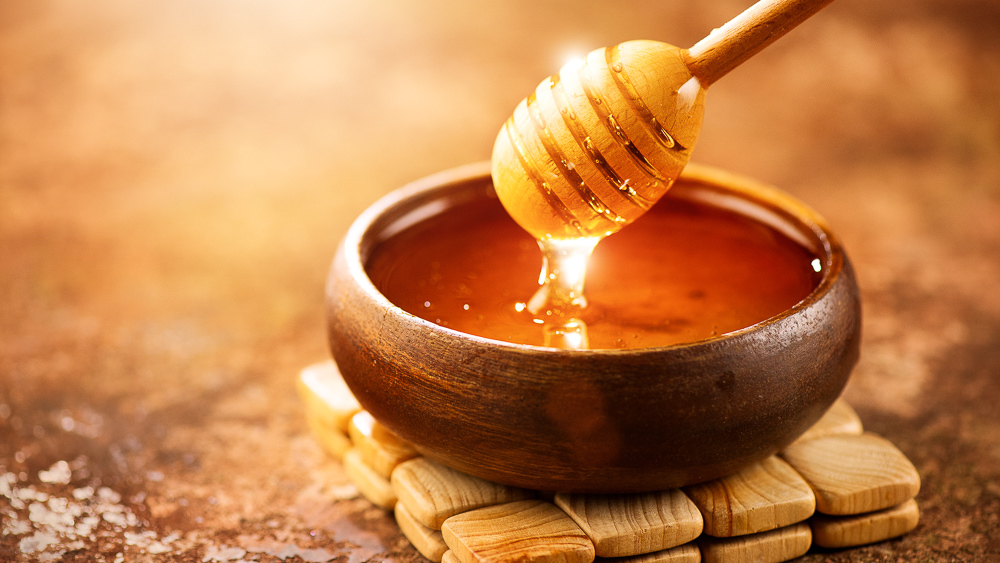
Got a cough that just won’t quit? It turns out that a spoonful of sugar does help the medicine go down; as long as you switched sugar for honey, anyway. Honey is a time-tested treatment for sore throats and coughs because it has natural antibacterial properties and can also help to coat the throat, which provides relief from irritation.
However, note that many cheap brands that label themselves as “pure honey” might include foreign materials such as sugar, starch and corn flour. For best results, look for a trusted local supplier such as Ee Feng Gu Bee Farm. They are based in the Cameron Highlands and sell not only honey but also royal jelly and pollen – you can even visit their farm for free if you’re in the area!
Simply add two teaspoons of honey into warm water or herbal tea, add a bit of lemon juice to help with congestion, and drink up.
Warning: never give honey to a child under a year old because it can lead to infant botulism.
2) Common Cold
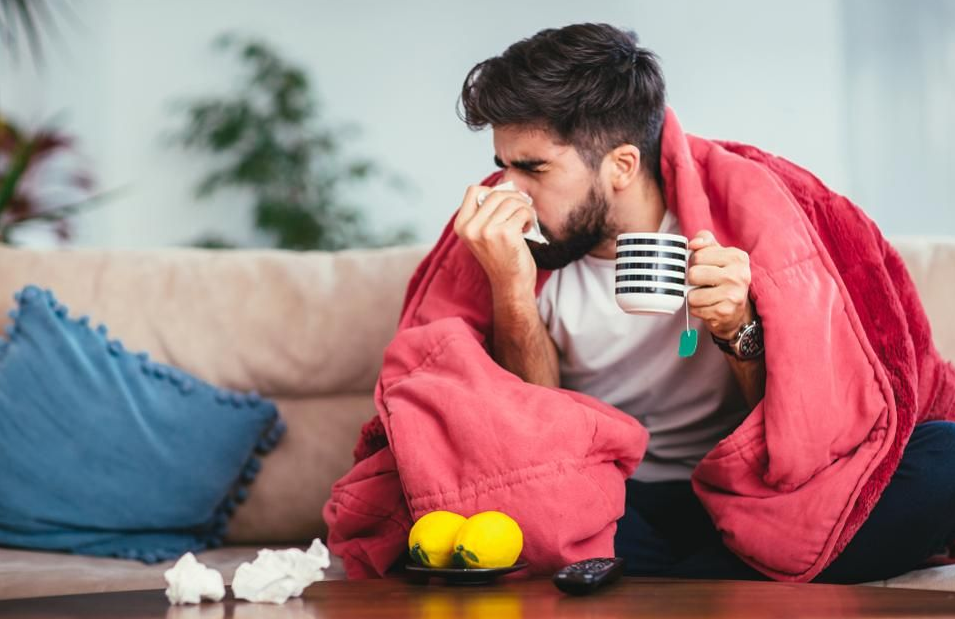
I used to hate drinking chicken soup because my grandmother made it using a traditional recipe – one that included chicken feet. Literal chicken feet. As in, the foot of a chicken – complete with scales and claws and ugh.
“Just drink it!” she’d order eight-year-old me, forcing a bowl into my hands no matter how much I protested. “It’s good for you!”
Yet despite my younger self’s hatred of chicken feet, it turns out that maybe grandma was right all along. Chicken soup is good for the soul; more specifically, bone broth is good for the immune system.
Drinking bone broth not only keeps you hydrated but is also rich in easily digested minerals such as calcium and magnesium. Aside from that, it is a good source of collagen and gelatin, which helps to detox your liver, balances blood sugar levels, and boosts your immune system.
So the next time grandma makes soup, just drink it down and try to ignore the chicken feet.
3) Burns
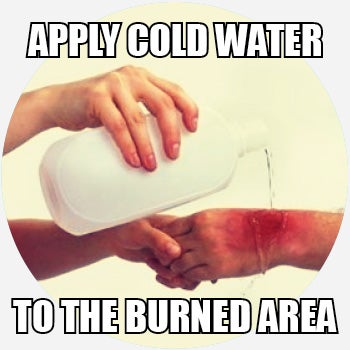
Scalds and burns can easily happen if you’re not careful in the kitchen. Thankfully, there are a number of ways to treat minor burns using only common household ingredients.
You’ve probably heard of using aloe vera, but did you know that coconut oil is also good for healing burns? Coconut oil not only contains skin-healing Vitamin E but also contains anti-bacterial and anti-fungal properties which will prevent your burn from becoming infected.
If the burn has left an unsightly mark on your skin, you can try adding a bit of lemon juice to the coconut oil before massaging it in. The coconut oil will help heal the mark while the lemon juice’s acidic properties will help lighten the scar.
4) Nausea

Ladies, if you find yourself dreading your period’s arrival, try stocking up on ginger.
A herb that’s well known for its warming and pain-relieving properties, ginger is a good way to help with period pain or cramps. This is because ginger has anti-inflammation and anti-nausea properties that settles the stomach and can even help curb morning sickness.
You can buy ginger tea from the store, but for best results it is usually better to make it fresh. Simply peel and grate the ginger and let it steep in boiling hot water for about 5 minutes. You can also add a bit of honey or lemon to suit your personal tastes.
5) Insomnia
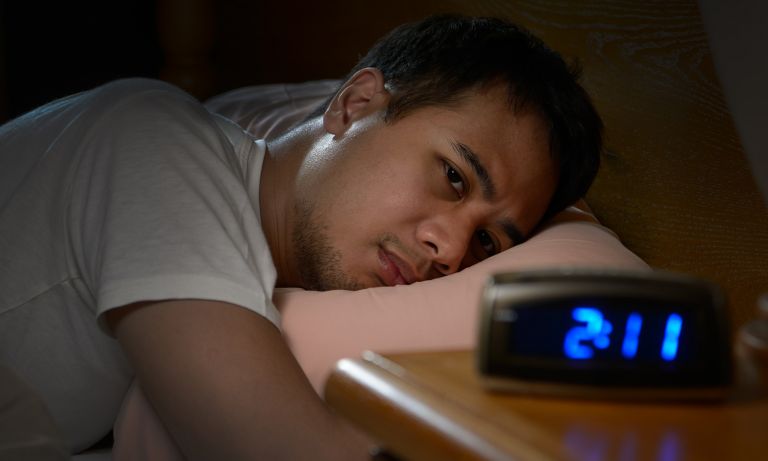
In our modern 24/7 society, far too many people see sleep as a luxury rather than a necessity – partially because the allure of our cell phones keeps us awake for far too long. No matter its cause, insomnia is one of the most common sleep complaints among Malaysians.
Warm milk is a great before-bedtime drink (personally, I always preferred Milo). But if you’re still having problems falling asleep you can give lavender oil a try. Used to improve mood, reduce pain, and promote sleep, lavender oil has been proven to have calming effects that can counter insomnia.
While lavender oil capsules are supposed to be most effective, you can also add lavender essential oil to a diffuser, spray it onto your pillow, or drink lavender tea. If you have some free time (and a bathtub), you can even try taking a hot bath with lavender oil before going to bed to ensure maximum relaxation.
Home Remedies Are Great, But They Can’t Cure Everything

Home remedies are a good way to treat household scrapes or minor illnesses, but they cannot and should not be used as an excuse to avoid the doctor.
Nowadays, a lot of people are worried about infectious diseases such as Covid-19. Even though Malaysia has been lucky enough to avoid the brunt of the Covid-19 pandemic so far, there are many scammers and snake-oil salesmen out there who are trying to take advantage of this crisis by selling “miracle cures” or spreading fake news blaming foreigners for the virus.
To combat these malicious conmen, Former Attorney General Tan Sri Tommy Thomas declared that those who initiate or disseminate lies on issues relating to Covid-19 in Malaysia can actually be charged and investigated under Section 233 of the Communications and Multimedia Act 1998.
Stay Safe, Stay Informed
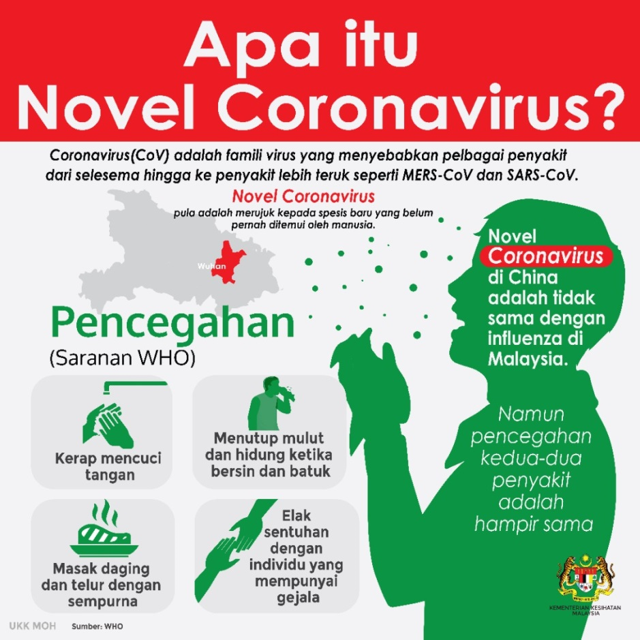
While it can be tempting to trust that alternative medicine can treat all of your problems, you must also do your best to reduce the risk of infection or infecting others.
If you or any of your loved ones are suffering from fever (with body temperature of 38℃), coughing, or difficulty breathing, you should seek medical attention immediately at the nearest clinic or hospital. Even if you think that it’s nothing serious, it is better to be safe than sorry.
After all, the best case scenario is that you were right, which means that you can now relax because there’s nothing to worry about. Worst case scenario, you’ll be receiving immediate medical attention that might just save your life.
Simply put, real life is not like a game of Plague Inc – even if Covid-19 is spreading, we can still do our part to stop it from affecting our lives and loved ones. Click HERE to learn more about some of the other terrible diseases that travelers need to know about.



